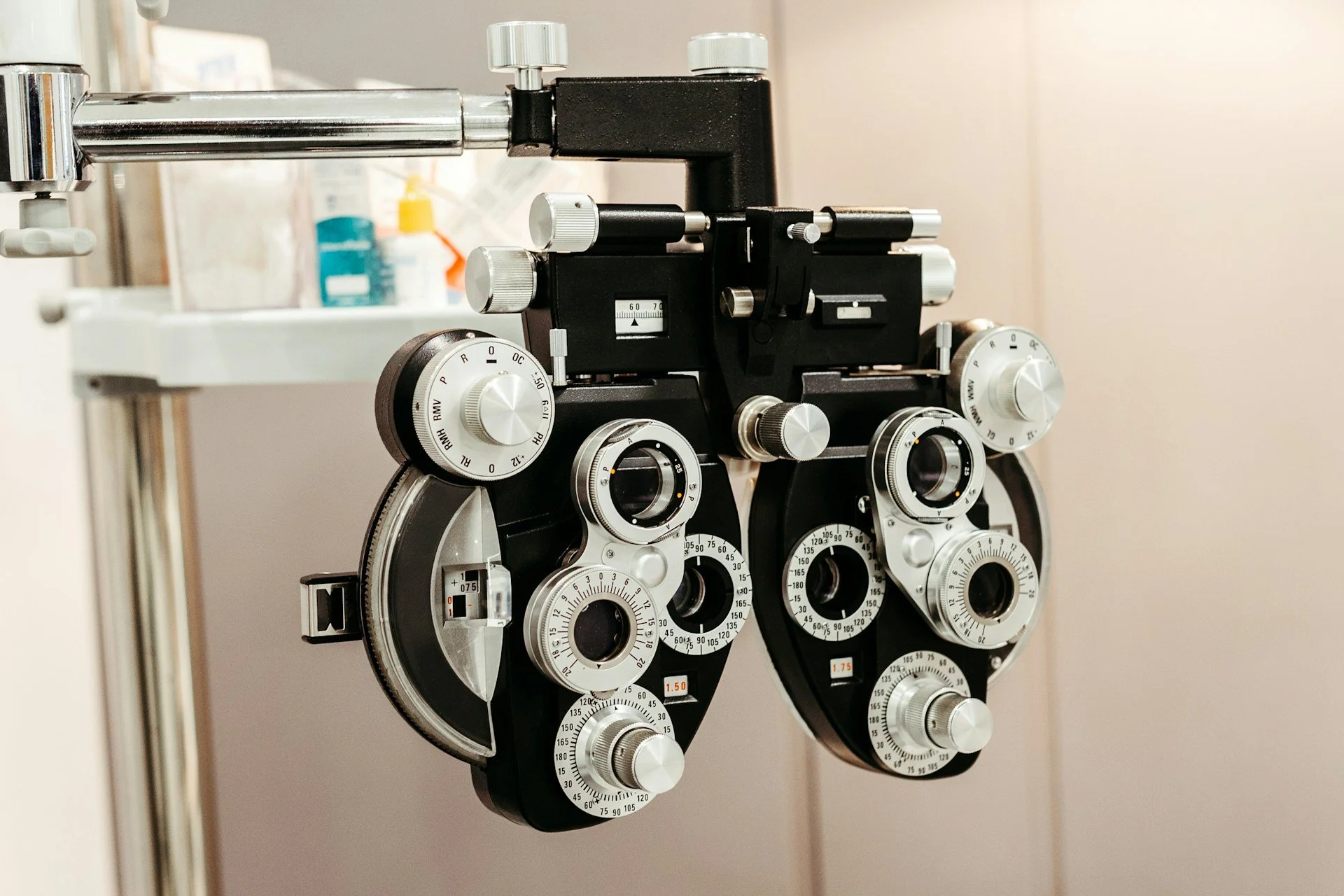The Four O's of Eye Care
Ophthalmologist. An eye doctor who earned a medical degree or osteopathic degree at a four year medical school after completing college. The ophthalmologist also completed one year of medical internship and a three year ophthalmology residency. Ophthalmologists with further specialization also completed a one or two year fellowship in areas such as vitreoretinal diseases and surgery, cornea, glaucoma, ophthalmic plastic surgery, or pediatric ophthalmology. An ophthalmologist is highly trained to treat eye disease and perform eye surgery.
Optometrist. An eye doctor who attended a four year optometry school after completing college. The optometrist spent a considerable amount of time in optometry school perfecting their refraction skills (resulting in prescriptions for glasses or contact lenses) as well as medical eye care, and emergency eye care. Optometrists are well trained for providing in-office treatment and procedures. Some states license optometrists to perform office-based laser eye surgery.
Optician. An optician fits and sells eyeglasses in an optical shop. College is not required. Most career opticians obtain a certification in opticianry and attend ongoing continuing education.
Ocularist. A specialist who fits and provides ongoing care for prosthetic eyes. No specialized coursework is required, although many pursue this through an interest in science, or as an artisan. Optional board certification requires apprenticeships lasting as long as eight years.

